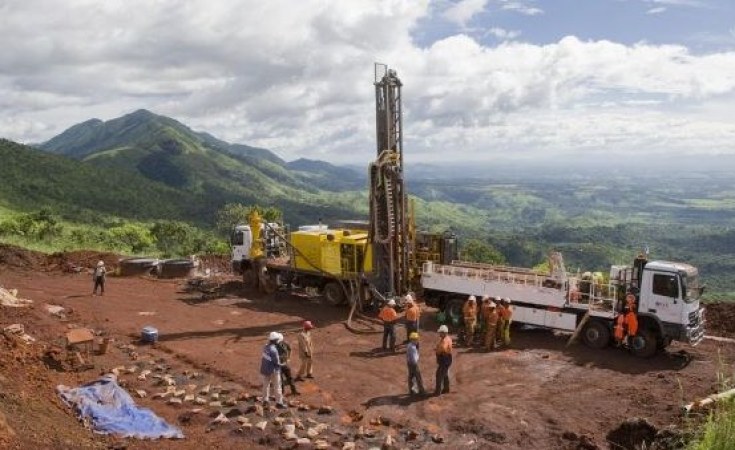An excerpt from the World Economic Forum's Africa Competitiveness Report 2015:
Although high and persistent economic growth rates characterize Africa's past decade, the same cannot be said for the region's overall performance in competitiveness, which has been stagnating.
Most African countries find themselves in a development stage where basic requirements--such as sound institutions and macroeconomic policies, adequate infrastructure, and a healthy and educated workforce--will be necessary to establish a solid basis for sustainable growth.
Yet these are the areas that constitute some of the biggest gaps with other regions. The continent's persistent infrastructure deficit and poor education outcomes as well as its difficulties in providing the right set of skills to match the needs of its businesses constitute the most important barriers to transforming African economies.
This is particularly significant in view of the shifts of employment toward the service sector over the past two decades and the region's rapidly growing workforce. In this context, investments in public goods ranging from infrastructure to education and health are needed.
Relatedly, in view of the potential for a larger value-added share of the service sector to GDP, efforts to foster greater technological adoption among the population and businesses must be made.
Undoubtedly, much progress has been achieved on the continent that gave rise to innovative business models. Examples include M-PESA, the service exports in Mauritius, and Kenya's rise as a regional financial, consumer retail, and telecommunications exporter in East Africa. Yet the ICT frontier remains a moving target, and Africa will need to keep up with other regions that are pressing ahead.
On the upside, however, the analysis points to the generally improving macroeconomic stability in the region - evident, for example, in lower inflation although, even with this progress, important downside risks to stability remain - and the rapid reforms in the goods market.
A more detailed look at the performance of individual country groups reveals a competitiveness divide across the continent, as demonstrated by wide divergences in performance. As in the past, Mauritius and South Africa continue to perform as well or better than other emerging market economies such as Brazil and India.
In particular, Mauritius has been pressing ahead steadily since 2006, and now ranks as the most competitive African economy, ahead of South Africa. A second cluster of countries, including Rwanda, Morocco, Botswana, and Algeria, performs better than the Latin American average, while a third and wider set of countries, including Tunisia, Namibia, Kenya, Seychelles, Zambia, Gabon, Lesotho, Ghana, Senegal, Cape Verde, Côte d'Ivoire, Cameroon, and Ethiopia outperform the sub-Saharan African average; the first four even outperform the North African average.
In view of these divergences, this year's chapter classifies African economies into four specific groups - oil-exporting economies, fragile economies, non-fragile low-income economies, and middle-income economies - continuing the analysis of the 2013 Report. The analysis suggests that Africa's middle-income economies on average compare well with other regions, such as Latin America and the Caribbean, as they have in place comparatively strong basic requirements.
However, oil- and gas-exporting economies are a long way from establishing the fundamentals needed for competitive economies.
Low-income economies and selected fragile economies, such as Burundi, Côte d'Ivoire, and Zimbabwe, have made slow but encouraging improvements since the 2013 Report.


